2024-11-3
要说中国白,就得先留一大白。这是中国艺术史上的奇妙之处和做人处事的最高境界。作画要留白,写诗要留白,奏乐要留白,立碑要留白,就连衣食住行都要留白。所谓不著一字,尽得风流。
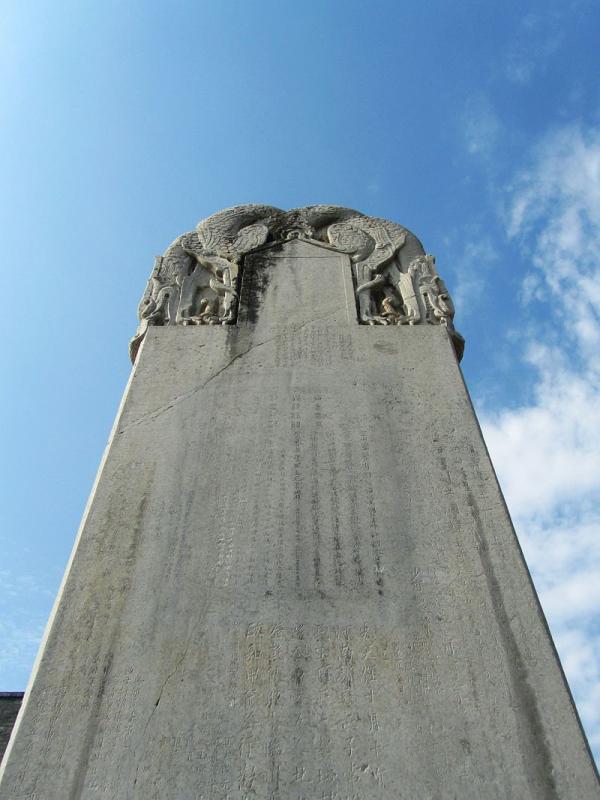
酷似男人阴茎的乾陵无字碑,给三千年男权统治的中国历史留白
那么国人最引以为傲的瓷器呢?首先,青花瓷器中的青,是指中国蓝或者钴蓝,而其中的花,就是留白。

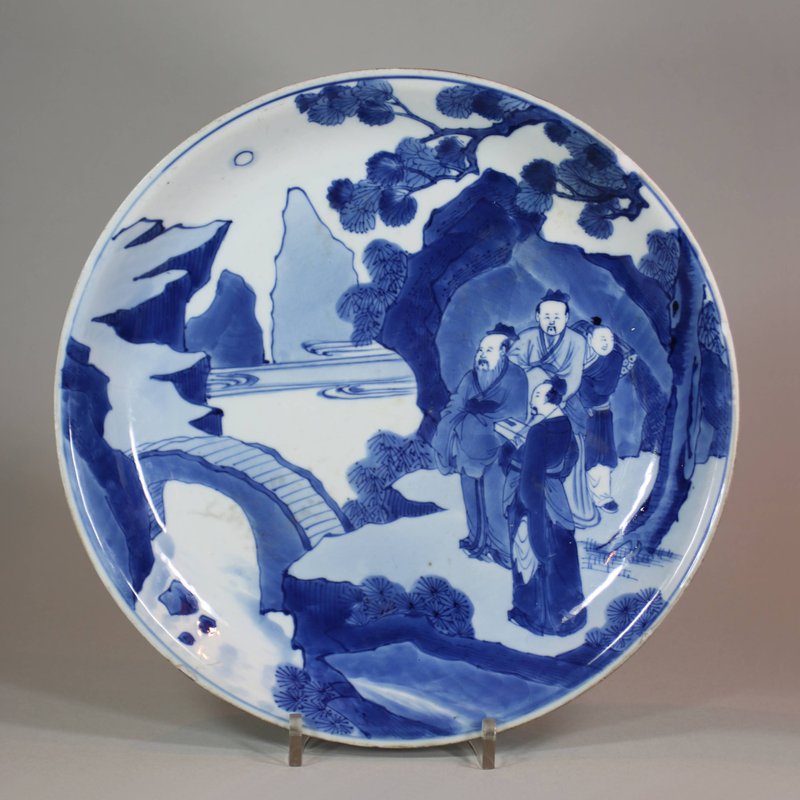
千百年来大家关注的都是其中的钴蓝,没人注意其中瓷胎上红花绿叶相得益彰的白颜色。直到有一天,欧洲人发现并开始竞相模仿瓷器上著名的风靡欧洲和全世界的福建德化窑烧制中国白(Blanc de Chine)。
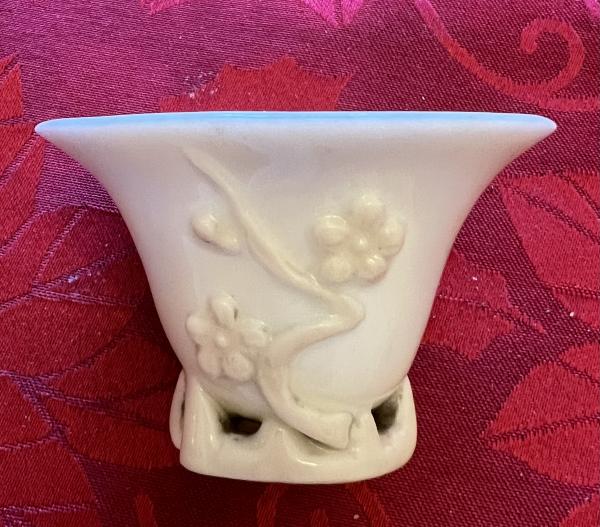
福建德化窑的白瓷犀角杯
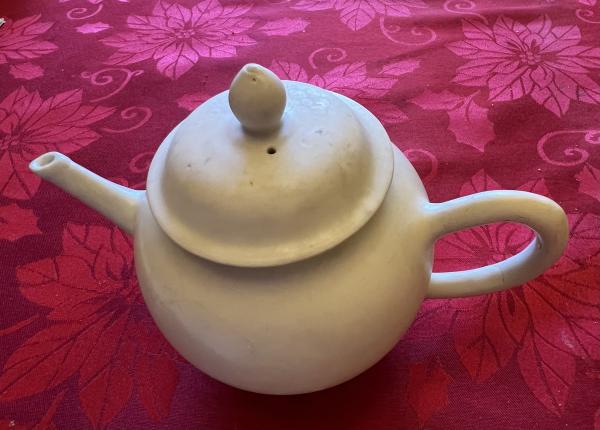
福建德化窑的白瓷茶壶(海捞瓷)
Blanc de Chine, or white from China, is the name given to white porcelains made in Dehua, a town in Fujian province along China's southeast coast. Historically, Dehua potters created a wide range of white wares and other ceramic products of varying quality. In the 18th century, the popularity of blanc de Chine inspired European potters to develop their own hard-paste white porcelain (made from compound minerals and fired at very high temperatures), copying prototypes imported from China. Today, Dehua still thrives as a porcelain town, boasting industrial success as well as artistic creativity. Archaeological evidence shows that Dehua was producing ceramics as early as the 10th century. In the Southern Song dynasty (1127–1279), Dehua qingbai wares (porcelain with a bluish white glaze) started to enter overseas markets. The first Chinese porcelain to reach Europe – a small jar with a floral design in applied relief and covered in bluish white glaze, now in the St Mark's Basilica in Venice – was made in Dehua and is believed to have been brought back by Marco Polo in 1295. Since the Ming dynasty (1368 – 1644), the principle products at the Dehua kilns have been white wares, blue-and-white wares and some enamelled wares.
白釉是瓷器的本色釉,一般的瓷土和釉料,都或多或少含有一些氧化铁,入窑一色,出窑万彩,根据窑温、氧化还原条件、和釉料成分的不同,器物烧出后必然呈现出深浅不同的颜色釉。如果釉料中的铁元素含量小于0.75%,烧出来的就会是白釉。中国古代白瓷的制作,并不是在釉料中加进白色的呈色剂,而是选择含铁量较少的瓷土和釉料加工精制,使含铁量降低到最少的程度。这样在洁白的瓷胎上施以纯净的透明釉,就能烧制出白度很高的白瓷,和留白艺术有异曲同工之妙。
窑口分类
| 成分 | 特点 |
| 北方窑口(邢窑定窑) | 氧化铝、氧化钛较多(氧化状态)
| 白中泛黄(欧洲所谓的奶黄釉瓷) |
| 景德镇白瓷(甜白釉) | 氧化铝、氧化铁氧化钛均衡(还原状态) | 白中泛青(欧洲所谓的珍珠釉) |
| 德化白瓷(猪油白、象牙白、少女白、马可波罗瓷) | 氧化硅氧化钾含量高,氧化铁含量极少(中性状态) | 玻璃质透光度良好、色泽光润明亮,乳白如凝脂 (Blanc De Chine) |
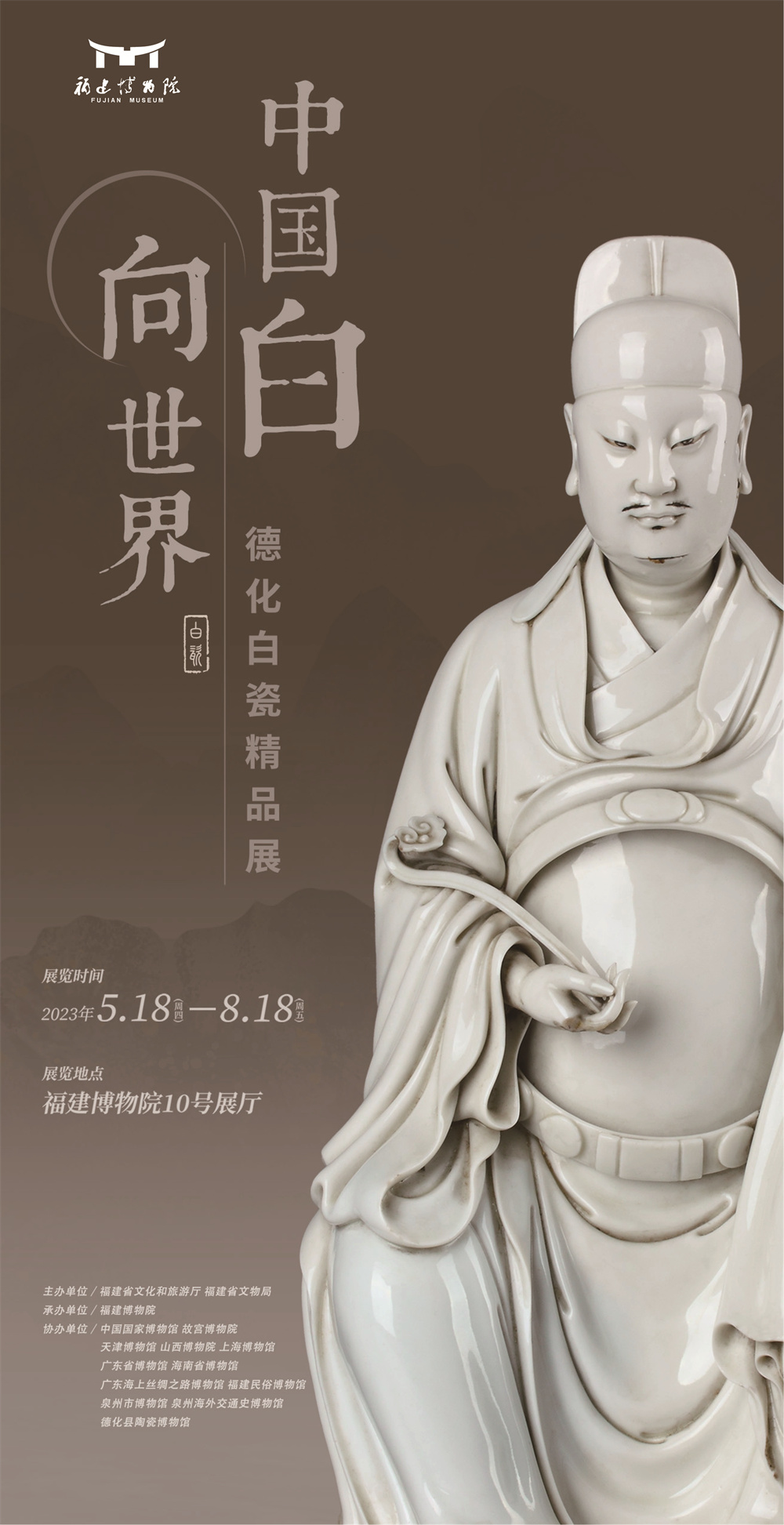
德化白瓷天下知,世人皆称中国白。











